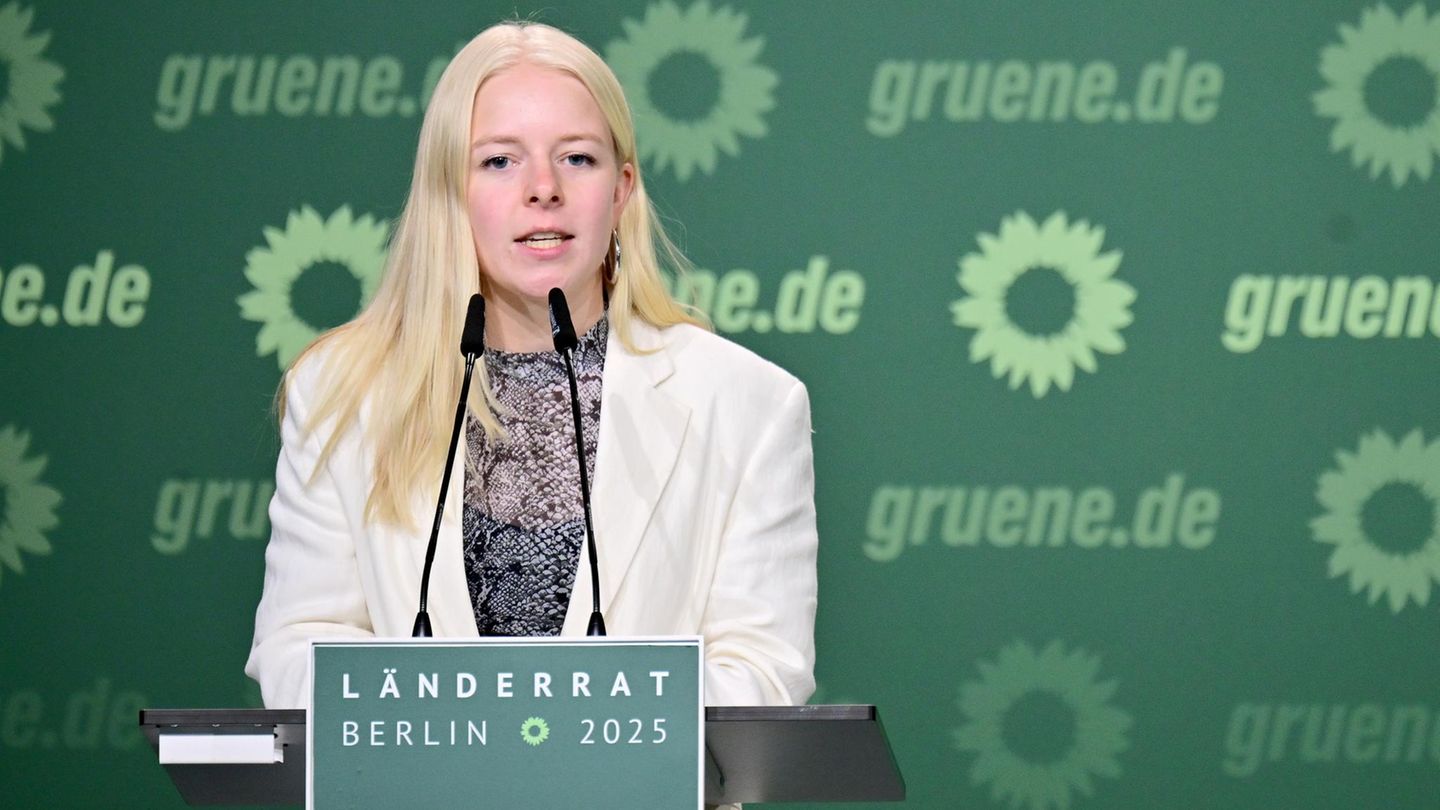However, not everything is so auspicious. An ILO (International Labor Organization) report highlights that, in the case of women in Latin America and the Caribbean, the unemployment rate remains high at 12.4 percent since 2020. In other words, it has not experienced any major improvement in 2021, which contributes to amplifying the impact of the crisis on gender inequality at work. The study highlights that the most intense impact among women in the region is associated with the greater presence of women in economic sectors strongly affected by the crisis, such as hotels and restaurants, and in other service activities and the household sector.
Although in the technology sector remote work is something that has been implemented for a long time, in general in many other industries the situation differs and affects women more. In Argentina, in the first quarter of 2020, The average economic participation of women was five women for every 10 men, and in the second quarter, with a more closed quarantine, there was a drop from 5 to 4 women working, according to CIPPEC data.
Women employment.jpg
FH
Faced with this reality, as a company, and as an industry, we must recognize this glaring diversity problem that is right in front of us and we must join forces and work together to support and advance women in the workplace.
In the tech industry, we are not immune to the challenges that COVID presents. Working parents, especially women, have worked hard to stay productive. We have heard this firsthand in pandemic support groups and at our own company in employee resource groups. And while we haven’t seen the kind of decline that we’re seeing in the overall workforce, we know there’s still work to be done if we want women to keep moving up in the workforce.
To ensure that we were able to retain all of our talented team members, we relied heavily on our flexible workplace culture and asked managers to focus on that flexibility first.
We now know that we may have to work even harder if we are to reach the goal we set before the pandemic of having 50% of our workforce made up of women by 2030.
Today, 31.8% of our global workforce are women, which leaves us with some way to go in the next eight years. But we are committed to driving progress to ensure that our workforce is representative of the society in which we live.
Among the things that we know are working we can mention:
- Practice what is spoken when it comes to flexibility
- Provide career development and progression opportunities
- Think outside the box when it comes to benefits
- Cultivate an allied ship culture
Much of all this is already being implemented and work has been going on for several years now in our company and in the IT sector in general, but International Women’s Day precisely asks us to try harder and with more energy. This day is all about action. What else can we do to challenge change while speaking out against gender bias and inequality?
women under construction.jpg
That is why this year for this day, we choose to challenge ourselves. Because while we’re proud of the progress we’ve made in supporting our team members during the COVID-19 pandemic, the biggest change we need to see as a society requires each of us.
Let’s share what’s working with competitors and partners alike, be transparent about our progress and address obstacles, and above all, move forward together in pursuit of a more equitable world.
Senior Sales Manager for Dell Technologies in Argentina, Paraguay and Uruguay.
Source: Ambito




